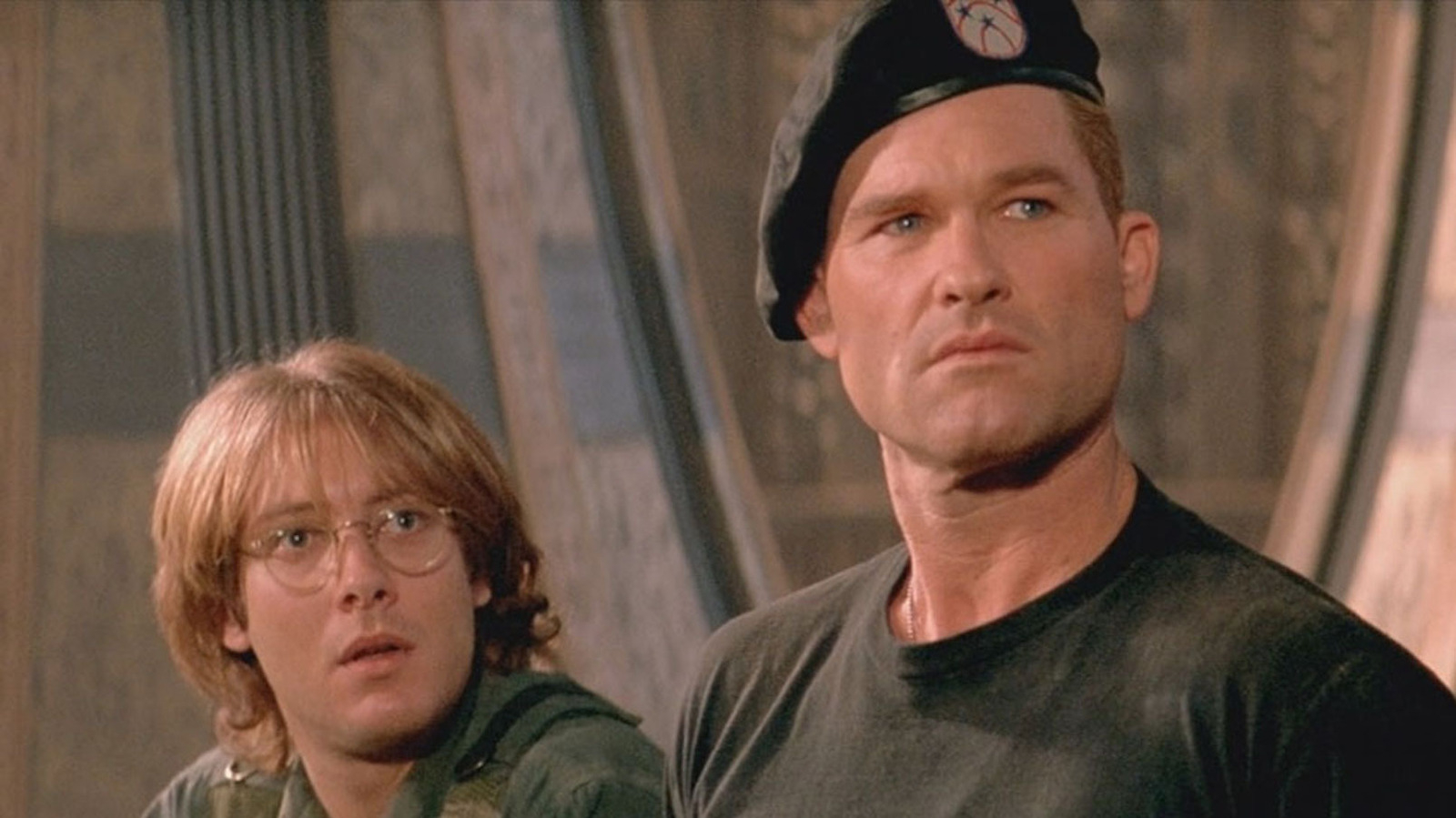It’s fair to say no one goes to a Roland Emmerich movie expecting Shakespeare (except, you know, when he makes an actual movie about the dude). Ever since breaking through with the sci-fi action hit “Universal Soldier” in 1992, his name has been synonymous with switch-off-your-brain blockbuster entertainment. At his best (“Independence Day,” “2012” and “White House Down”), he thrusts a colorful assortment of stars and character actors into a series of mayhem-laden set pieces with a gleeful shamelessness unseen since the heyday of Irwin Allen. He’s well aware of his dialogue-writing shortcomings, and casts big personalities like Will Smith, Jeff Goldblum, Judd Hirsch, Oliver Platt and so on to sell the heck out of his implausible exposition and shopworn banter.
Take “Stargate” for example. Emmerich and co-writer Dean Devlin’s follow-up to “Universal Soldier” was an ambitious, big-budget attempt at an off-brand Indiana Jones adventure starring James Spader as a bookish Egyptologist who gets recruited by a hard-nosed U.S. Air Force colonel (Kurt Russell) to guide them through the titular portal and help them figure out if the alien civilization on the other side is a threat to humanity. It’s a riff on the goofy aliens-built-the-pyramids theory, and Emmerich is a gifted-enough director to inspire genuine visual awe via his gee-whiz Spielbergian sensibilities and first-rate-for-the-era CG (some of which holds up pretty well 30 years later).
In a 2019 Variety article commemorating the 25th anniversary of the film’s release, Dean Devlin recalled Spader repeatedly pushing back on the dialogue. Spader was at a critical juncture in his career. Despite critically acclaimed performances in “Sex, Lies, and Videotape,” “Bad Influence” and “White Palace,” he couldn’t quite hit the A-list big time.
Russell, who by this point had seemingly made his peace with being a second-tier star, had no illusions about the film he was making. He was hired for his commanding screen presence (after turning the filmmakers down multiple times), and intended to deliver what Emmerich expected with nary a quibble. So when Spader’s unhappiness got in the way of his job, he got in his co-star’s face.



I love Stargate and the shows. I get the criticism, and don’t much disagree with it, love Stargate anyway.
I get the idea of the turn off the brain thing, but I think it’s more about being willing to jump into another reality. Yeah, it’s an action movie light on story, but honestly a lot of critically acclaimed dramas are just as light on story in order to get to the drama. There’s nothing writing with that and sometimes it works. I also like a lot of them.